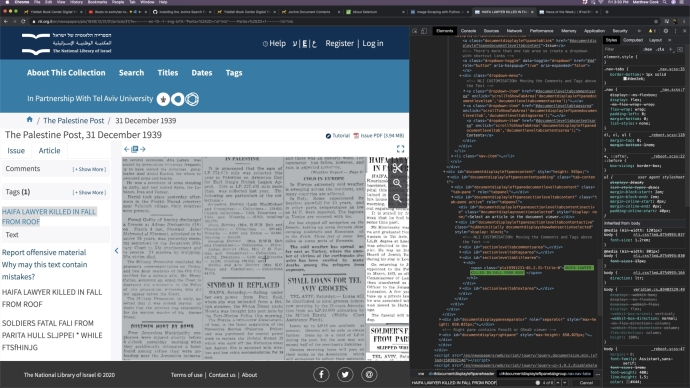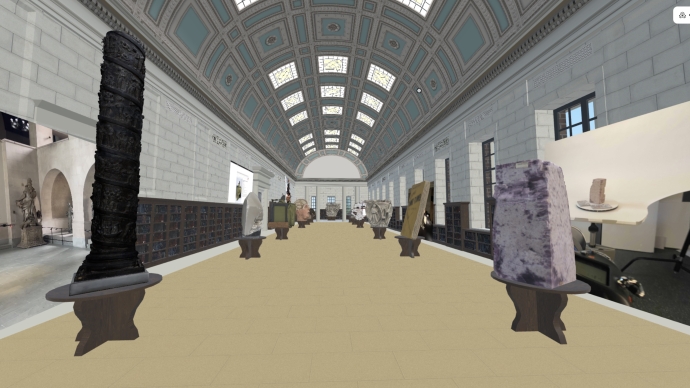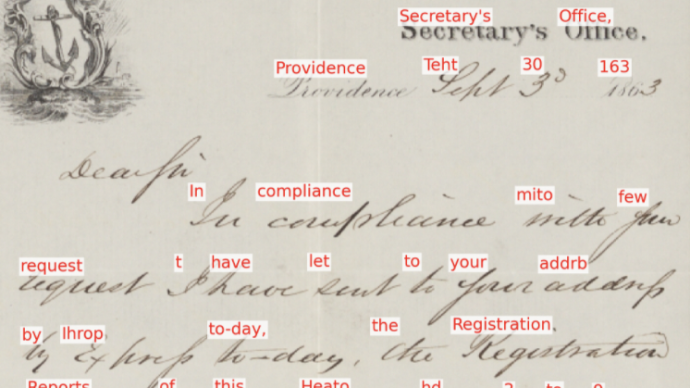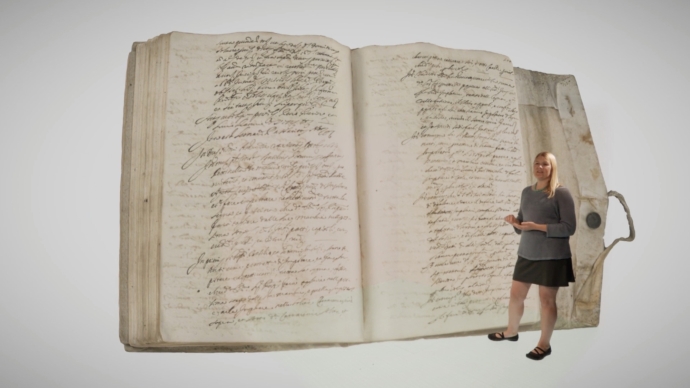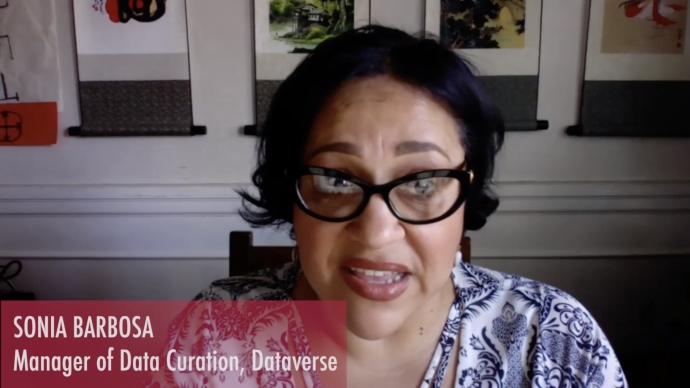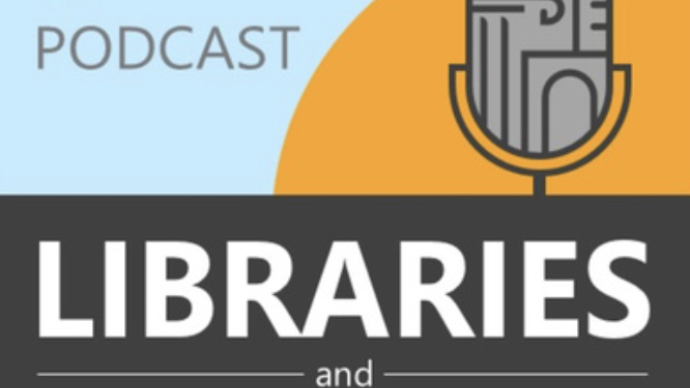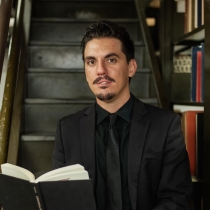Harvard Library's Digital Scholarship (DS) Program is here to support your work with emerging computational methods, engaging learning spaces, and a campus-wide network of expertise.
Services we offer
In DS Program, a technological center-of-gravity exists at the intersection of natural language processing and immersive visualization. Using cutting-edge AR/VR interfaces, we are pioneering methods to digitize and explore text-based, physical, and media-based collections at scale while keeping humans in the loop.
Collections as Data
- Natural language processing: Our OCR/HTR (handwriting transcription) expertise can help you transform “raw” scholarly source material into computable datasets, as with the SAEF collection.
- 3D data lifecycle: Interrelated technologies like photogrammetric scanning and data physicalization (3D printing) ensure artifact and specimen accessibility. See: Teaching and Learning with 3D Content.
- Explore: Test open access research with AI-powered database visualization tools like Open Knowledge Maps.
Emerging Technologies Consulting
- Instructional support: Emerging technologies (and rigorous assessment methods) can enhance your students' learning experience, as with Organic Chemistry and Paris in Virtual Reality.
- Grant development: Partner with us on grants, like the Quft excavation diaries project. This includes assistance with overall project management, technical support, and downstream scholarly publication.
- Space design: Connect with our network of technology spaces, and get help with hardware & software procurement, event programming, and exhibit building, like "Envisioning Cluny".
Tools We Support
- Open Science Framework: We help administer an institutional (“member” level) license of the Open Science Framework, which supports transparent research, active project management, and collaboration for affiliates.
- Share by HL: Our no-code web authoring service, Share by HL is available to all Harvard affiliates. Includes collection building (Omeka), storytelling (Scalar), wiki (Mediawiki), and portfolio (Wordpress) platforms.
- Virtual Harvard: As part of the "Virtual Harvard" initiative, we’ve helped scan a dozen campus libraries, including Widener Library, Preservation Services, and the Fine Arts Library.
- 3D Printing at Cabot Library: Remotely submit 3D prints for pickup at Cabot Science Library (main floor). Open to all HUID holders.

Who we work with
Digital Scholarship Projects
